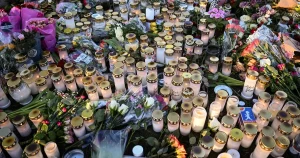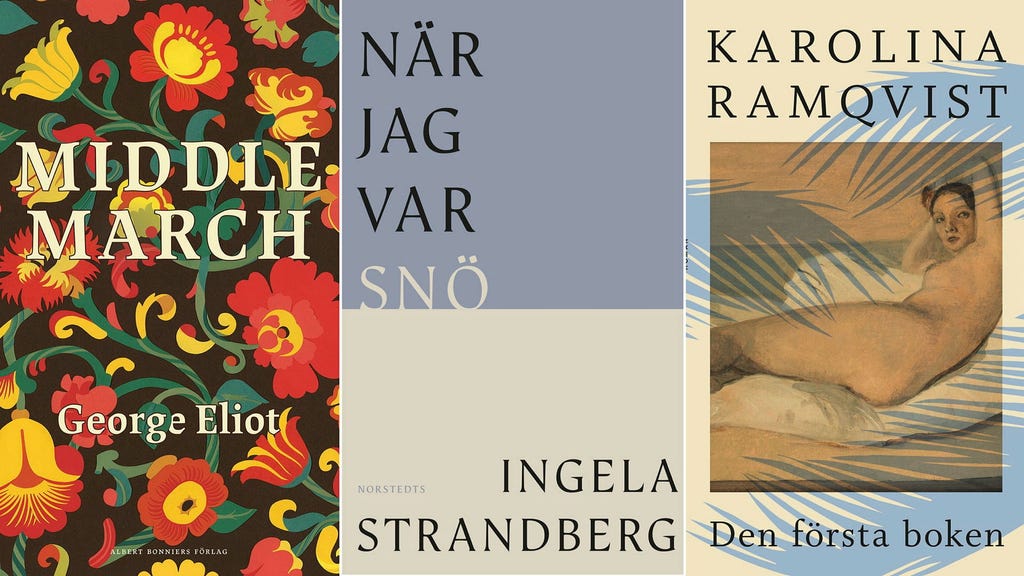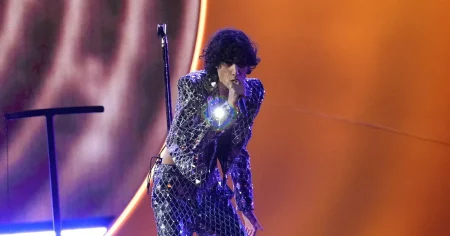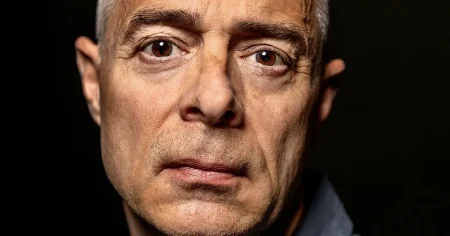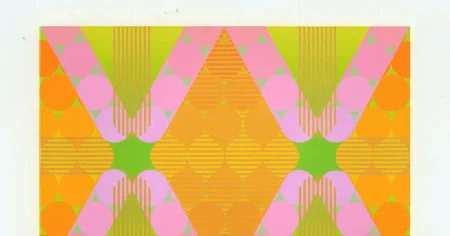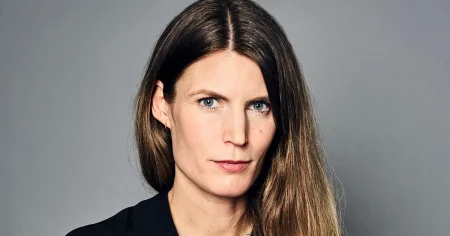1. A Tapestry of Love, Loss, and Literary Brilliance:
Karolina Ramqvist’s "Den första boken" (The First Book), crowned the most romantic novel of the year, paints a poignant portrait of a young author grappling with love and cultural disparities in Jamaica. Her relationship with Paul, a local man, exposes the complexities of their connection, tinged with the author’s unease about the financial dynamics between them. Ramqvist masterfully balances sensuality and restraint, creating a narrative that resonates with international acclaim. Ingela Strandberg’s "När jag var snö" (When I Was Snow), a collection of poetry, explores grief and the ephemeral nature of life through the lens of a beloved cat’s death. Strandberg’s language is stark and grounded, reflecting a yearning for a return to the earth, a quiet acceptance of mortality’s embrace. George Eliot’s resurrected classic, "Middlemarch," translated anew by Hans-Jacob Nilsson, transports readers to 19th-century England. In the midst of societal transformation, Dorothea Brooke seeks purpose and fulfillment in marriage, only to encounter a different reality. Eliot’s sharp wit and insightful observations of human nature maintain the novel’s enduring appeal.
2. Unveiling Truths, Confronting Shadows:
Johan Hilton’s "Den siste teaterdirektören" (The Last Theatre Director) delves into the tragic story of Benny Fredriksson, whose illustrious career in Swedish cultural life ended abruptly following false accusations. Hilton meticulously reconstructs Fredriksson’s life, from his working-class upbringing to his triumphs and ultimate despair, offering a poignant reflection on the destructive power of media scrutiny and the fragility of human resilience. Karl Ove Knausgård’s "Nattens skola" (Night School), a standalone novel yet integral to his "Morgonstjärnan" series, presents a chilling reimagining of the Faust myth. Through the lens of a young photographer named Kristian Hadeland, Knausgård explores themes of ambition, desperation, and the price of success, weaving a narrative as captivating as it is unsettling. Inger Christensen’s "Eller som med intet som språk" (Or As With Nothing As Language), translated by Marie Silkeberg, offers a glimpse into the mind of a celebrated Danish poet. Culled from Christensen’s extensive archives, this collection showcases her lyrical prowess and unflinching exploration of the human condition, encompassing both the radiant and the grotesque.
3. Language, Isolation, and the Search for Meaning:
Johanna Larsson’s debut poetry collection, "Bokstavstro" (Literal Faith), grapples with the complex issues of language, faith, and cultural collision through the story of a missionary’s tragic encounter with the isolated Sentinelese people. Larsson’s verses delve into the power of words, their potential for both connection and misunderstanding, crafting a narrative that is both intellectually stimulating and emotionally resonant. Bruno K. Öijer’s "Växla ringar med mörkret" (Exchange Rings with the Darkness), his first collection since 2014, continues his exploration of the shadows that haunt our lives. With poignant reflections on loss, memory, and the passage of time, Öijer’s poetry evokes a sense of melancholy beauty, inviting readers to confront the mysteries that lie beyond the veil of the ordinary. Han Kang’s "Jag tar inte farväl" (I Do Not Say Goodbye), set against the backdrop of a snow-covered Jeju Island, confronts the lingering trauma of a historical massacre. Kang weaves a dreamlike narrative where the boundaries of reality blur, as a writer grapples with the weight of the past and the enduring presence of the dead.
4. Navigating Relationships, Confronting Grief:
Sally Rooney’s "Intermezzo" follows two brothers in the aftermath of their father’s death, each navigating their own personal and emotional struggles. Rooney’s signature introspective prose delves into the complexities of grief, family dynamics, and the search for connection in a world marked by uncertainty. Göran Sonnevi’s "Där allt är kontrapunkt tid" (Where Everything is Counterpoint Time), Andrea Wulf’s "Fantastiska rebeller" (Magnificent Rebels), and Maria Stepanova’s "Flyktpunkten" (In Memory of Memory) further enrich the literary landscape with their diverse explorations of time, history, and human experience. Sara Stridsberg’s "Farväl till Panic Beach" (Farewell to Panic Beach) and Lennart Sjögren’s "Regnbågen" (The Rainbow) offer distinct perspectives on personal journeys and the complexities of identity.
5. Exploring Social Structures and Personal Struggles:
Andreas Cervenka’s "Fuskbygget" (The Cheat Build) delves into the world of financial misconduct, while Lord Byron’s "O dåna Ocean" (Childe Harold’s Pilgrimage) offers a timeless exploration of human nature and the search for meaning in a vast and indifferent world. Tove Ditlevsen’s "Ansiktena" (The Faces) and Nina Björk’s "Medan vi lever" (While We Live) offer intimate portrayals of individual struggles and societal pressures. Uwe Wittstock’s "Marseille 1940" provides a historical account of a pivotal moment in World War II, highlighting the complexities and human cost of conflict.
6. A Kaleidoscope of Voices and Perspectives:
This collection of literary works, spanning various genres and styles, offers a rich tapestry of human experiences and perspectives. From intimate explorations of love and loss to sweeping historical narratives, these books delve into the complexities of life, challenging readers to confront their own assumptions and embrace the power of storytelling. Through lyrical prose, poignant poetry, and unflinching examinations of the human condition, these authors illuminate the depths of our shared humanity, offering solace, insight, and a renewed appreciation for the transformative power of literature. Their voices, diverse and distinct, converge to create a chorus of human experience, reminding us of the enduring power of stories to connect us, challenge us, and ultimately, help us understand ourselves and the world around us.



